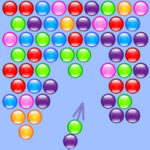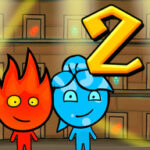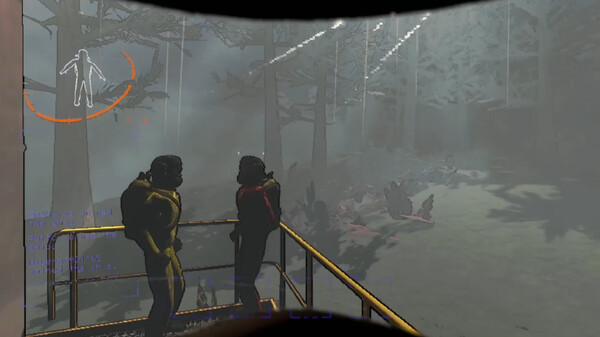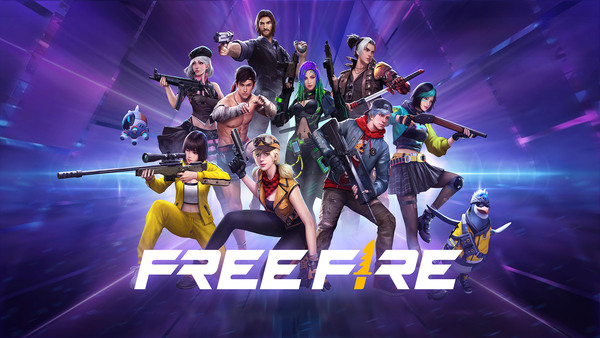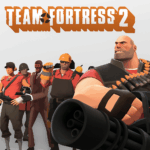Introduction
A rematch is more than just a second bout—it symbolizes determination, evolution, and redemption. Whether in sports, esports, business, law, or personal development, rematches evoke drama and opportunity. In this comprehensive article, we explore ten distinct types of rematches: from immediate returns to legacy-defining showdowns. Each section contains detailed analysis, context, and expert insights, with structured headings, subheadings, and occasional lists to enhance clarity.
1. Immediate Rematch: The Adrenaline Hangover
Timing and Emotion
An immediate rematch usually takes place days or even hours after an initial clash. It capitalizes on raw momentum—both physical and emotional. Participants are still mentally primed, crowds are invested, and narrative threads remain taut.
Strategic and Physical Risks
While thrilling, immediate rematches present challenges:
-
Fatigue: Without rest, endurance and cognitive sharpness suffer.
-
Lack of adjustments: Limited time leaves little room for strategic overhaul.
Summary:
Immediate rematches are fireworks—explosive and urgent—but sometimes too short to be strategically mature.
2. Short-Term Rematch: Tactical and Psychological Reset
Benefits of Breathing Room
A rematch a few weeks or months later offers breathing space. Players and coaches can analyze footage, adjust strategy, and recover physically. The waiting period heightens public interest—built-in hyped anticipation.
Risks of Fading Interest
Delaying carries uncertainty:
-
Diminished momentum: Fans may lose track or enthusiasm.
-
External factors: Injuries, transfers, or personal issues may alter match conditions.
Summary:
Short-term rematches blend strategy with excitement—usually optimal for balance.
3. Seasonal or Tournament Rematch: Narrative Revisited
Long-Term Context
In structured formats like leagues or tournaments, rematches are inevitable. With season-long story arcs, rivals meet repeatedly and stakes often escalate.
Strategic Evolution in Play
Teams adapt not just from one match but throughout the season. Meta-shifts, form changes, and new tactics redefine the second encounter.
Summary:
These rematches add depth—seen not as isolated events but as chapters in an overarching saga.
4. Long-Term Rematch: Years in the Making
Legacy and Nostalgia
Years later, former rivals or legends might square off again. The narrative becomes richer:
-
Historical weight: Stories of past encounters color public perception.
-
Physical shifts: Athletes are older, wiser, possibly slower.
Strategic Depth
Long-term rematches emphasize mental fortitude. Veterans rely on experience, adaptability, and guile rather than raw athleticism.
Summary:
These rematches are storytelling gold, though outcome uncertainty increases with time.
5. Tactical vs. Psychological Rematch: The Mind Game Duel
Tactical Mastery
Competitors analyze data, film, and patterns. Rematches become chess matches where players adjust and counter each other.
Psychological Warfare
Often, the mind is the battleground. Confidence, momentum, and mental resilience can outweigh physical differences.
List: Key Mental Weapons
-
Maintaining composure under pressure
-
Subtle mind games and intimidation
-
Utilizing crowd or media distraction
Summary:
True masters win mentally before physically. Tactical adjustments only work if one’s mind remains unshaken.
6. High-Stakes Title Rematch: Peak Pressure
Global Spotlight
Title rematches, especially finals or championships, attract international audiences. Careers hinge on the outcome. Coaches leave no stone unturned—from training to nutrition to scouting.
Pressure and Creativity
Pressure can either elevate or paralyze. While some innovate, others play too safe due to heightened stakes.
Summary:
These are career-defining. Perfection is demanded, but risk is immense.
7. Exhibition Rematch: Entertainment Over Outcome
Showmanship Triumphs
Exhibition rematches—including charity games and legends events—prioritize spectacle over seriousness. They draw fans eager to relive golden eras.
Practice Hidden in Performance
While light-hearted, exhibitions still offer practice and insight, often revealing veteran skills and strategic ideas.
Summary:
Think of exhibition rematches as playgrounds of nostalgia—fun, safe, and often surprisingly skilled.
8. Business/Negotiation Rematch: Deal or No Deal Redux
Renegotiation in Practice
In business, parties sometimes revisit terminated deals. These rematches rely on reputation, fresh insights, or shifting market conditions.
Legal Retrials
In court, rematches can arise with appeals or retrials—offering a second chance at justice or resolution, albeit under procedural pressure.
Summary:
Business and legal rematches highlight negotiation skill, preparedness, and the ability to evolve under scrutiny.
9. Personal Rematch: Conquering Your Yesterday
Self-Competition
One of the most profound rematches occurs within. Whether overcoming past failures—like a marathon DNF—or repeating academic challenges, personal rematches shape internal narratives.
Intrinsic Rewards
There’s no external applause, yet triumph resonates deeper. Confidence, resilience, and growth compound with each self-rematch.
Summary:
While invisible to others, personal rematches validate inner strength and mastery.
10. Iconic Rivalry Rematch: Epic in Retrospect
Cultural Significance
Some rematches transcend sport or context. Consider Ali–Frazier or Federer–Nadal: mileposts of human endeavor and culture. These events resonate far beyond the field.
Legacy Beyond the Scoreboard
These rematches produce lore, documentaries, analysis, and emotional connections. They influence future generations.
Summary:
Legendary rivalries redefine history. They’re not just rematches—they’re cultural moments.
Conclusion
A rematch is not just a replay—it is an opportunity for transformation, vindication, and sometimes, immortality. Across ten distinct forms, we see how timing, context, emotion, and strategy interplay to produce defining moments. From personal growth to global spectacles, rematches hold stories of resilience, rivalry, and reinvention.
Whatever arena you face—on the field, in the boardroom, or within yourself—recognizing the type of rematch you're in equips you to prepare strategically, emotionally, and intellectually. Embrace the second chance. Your rematch might be your greatest triumph.















